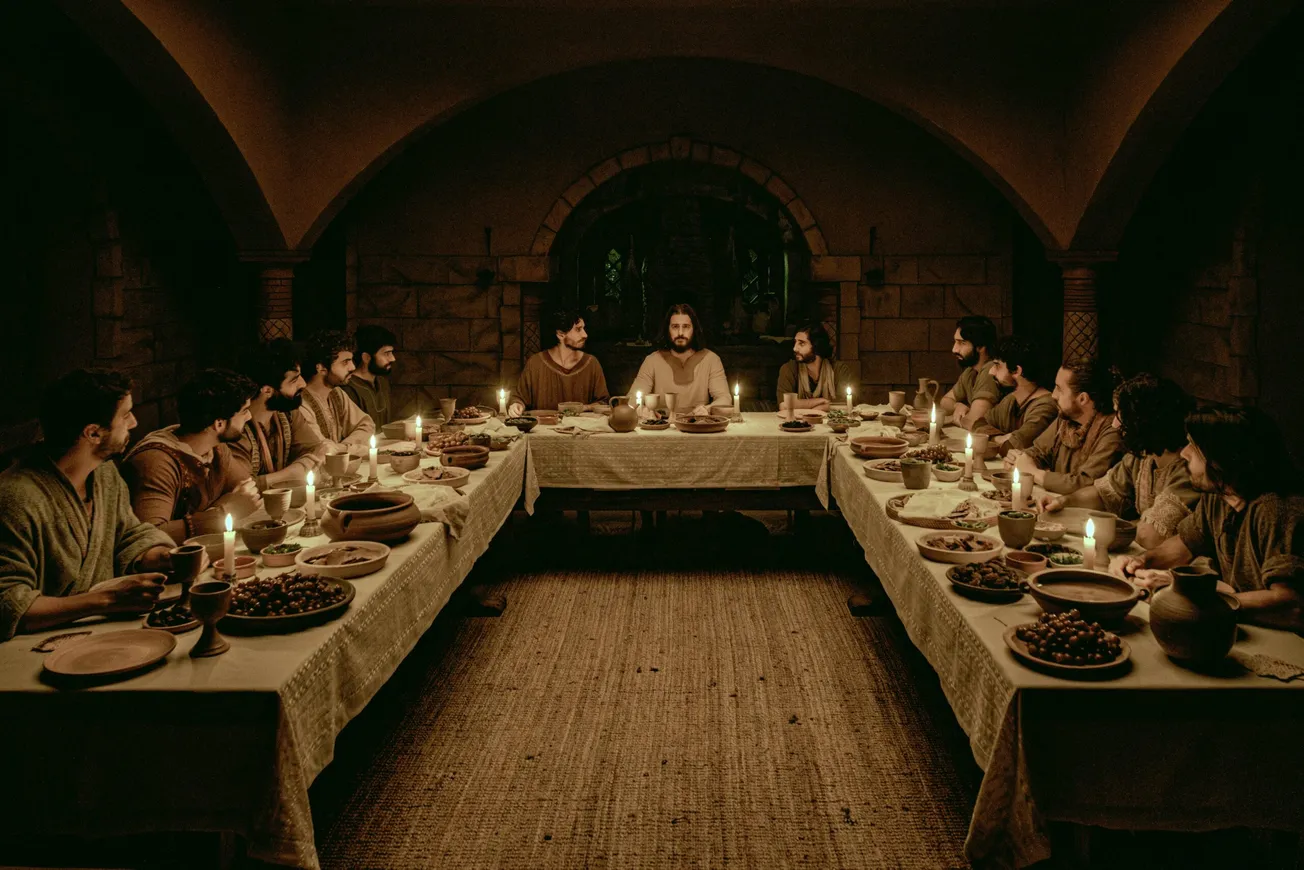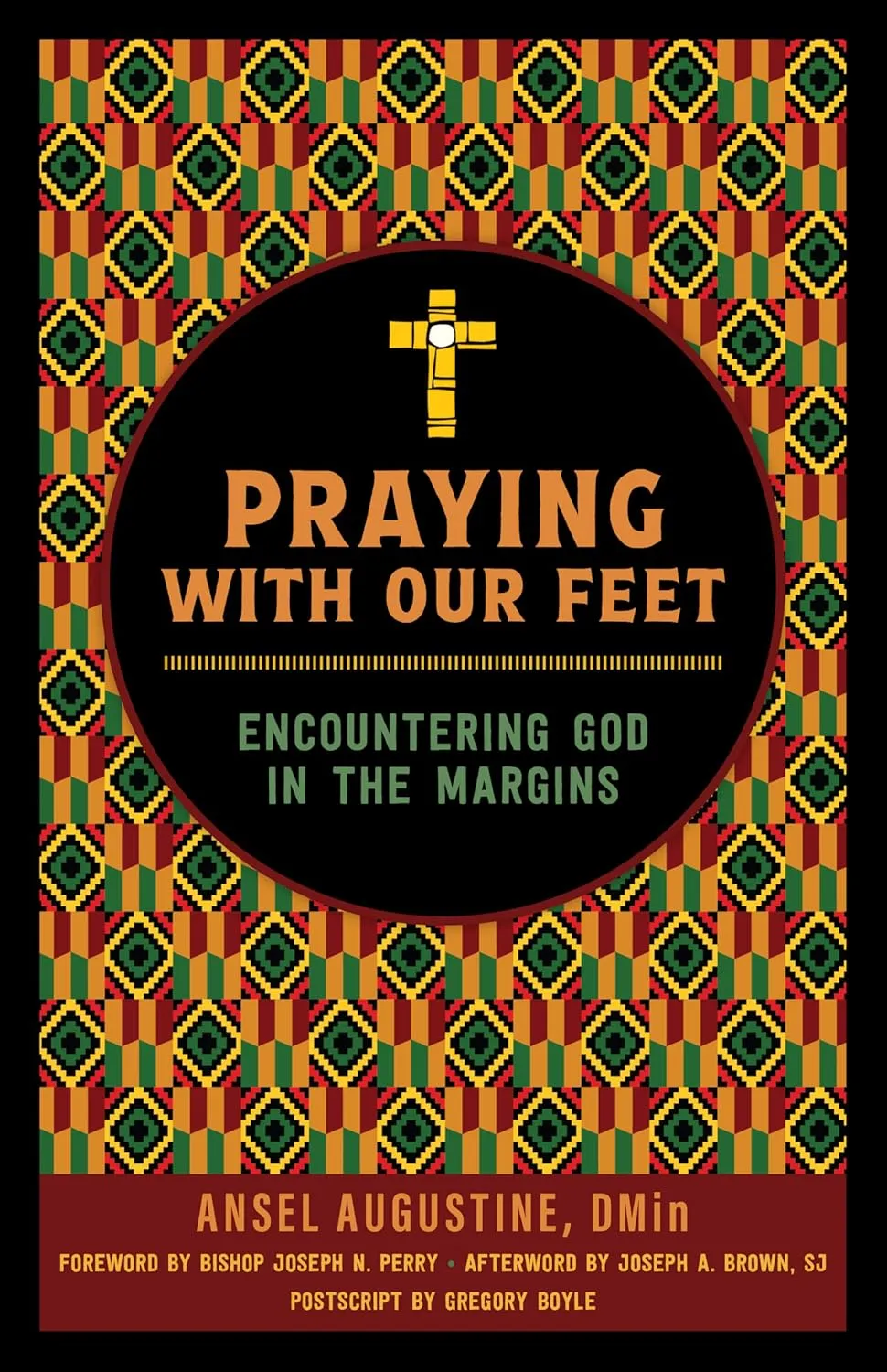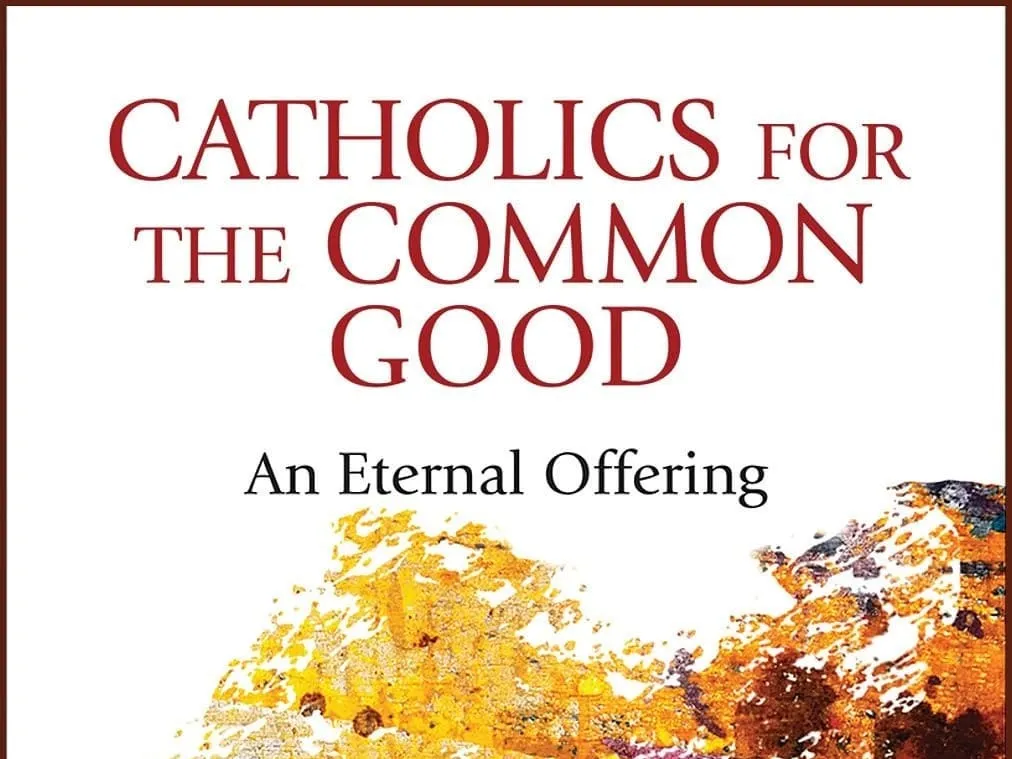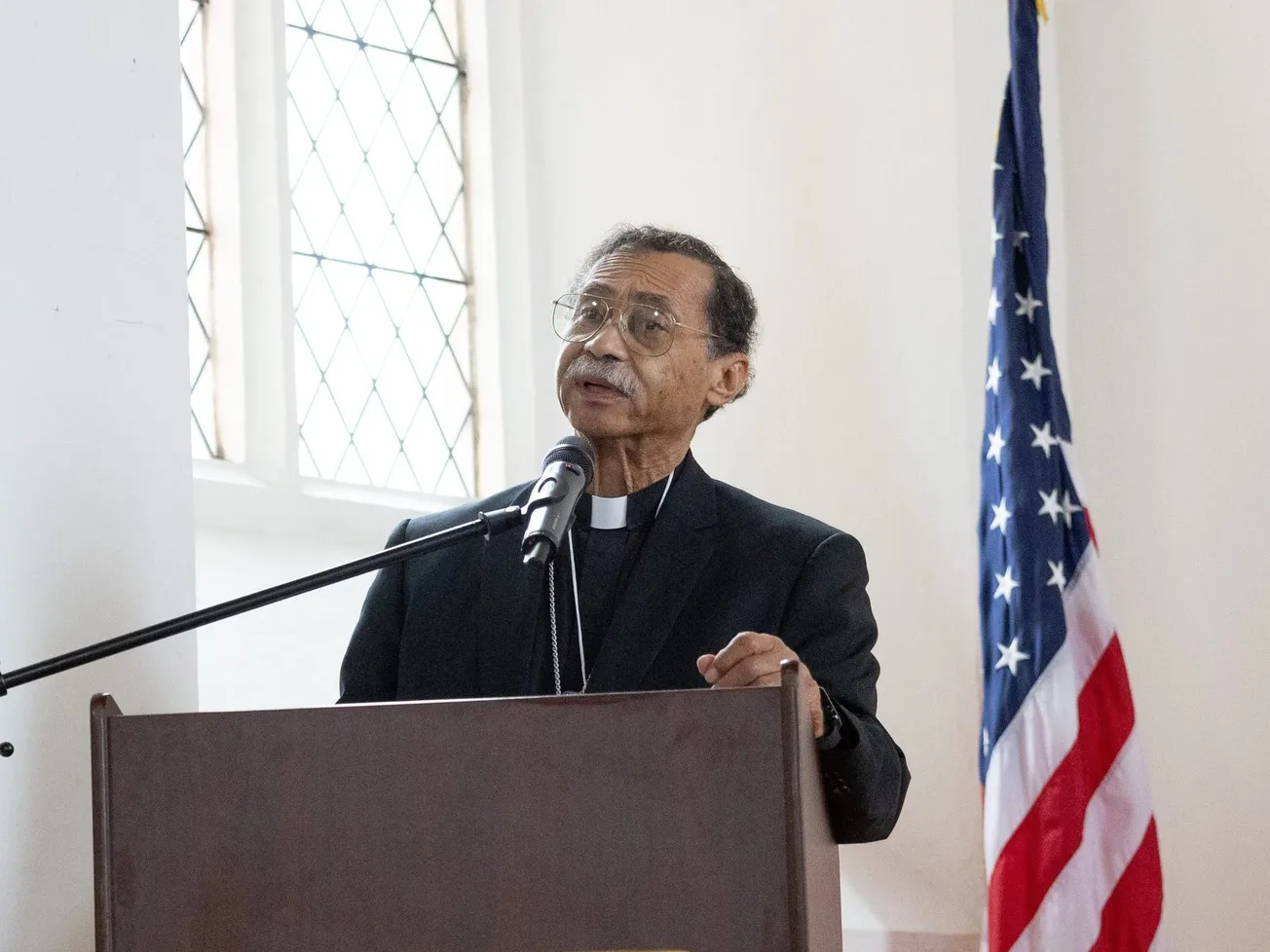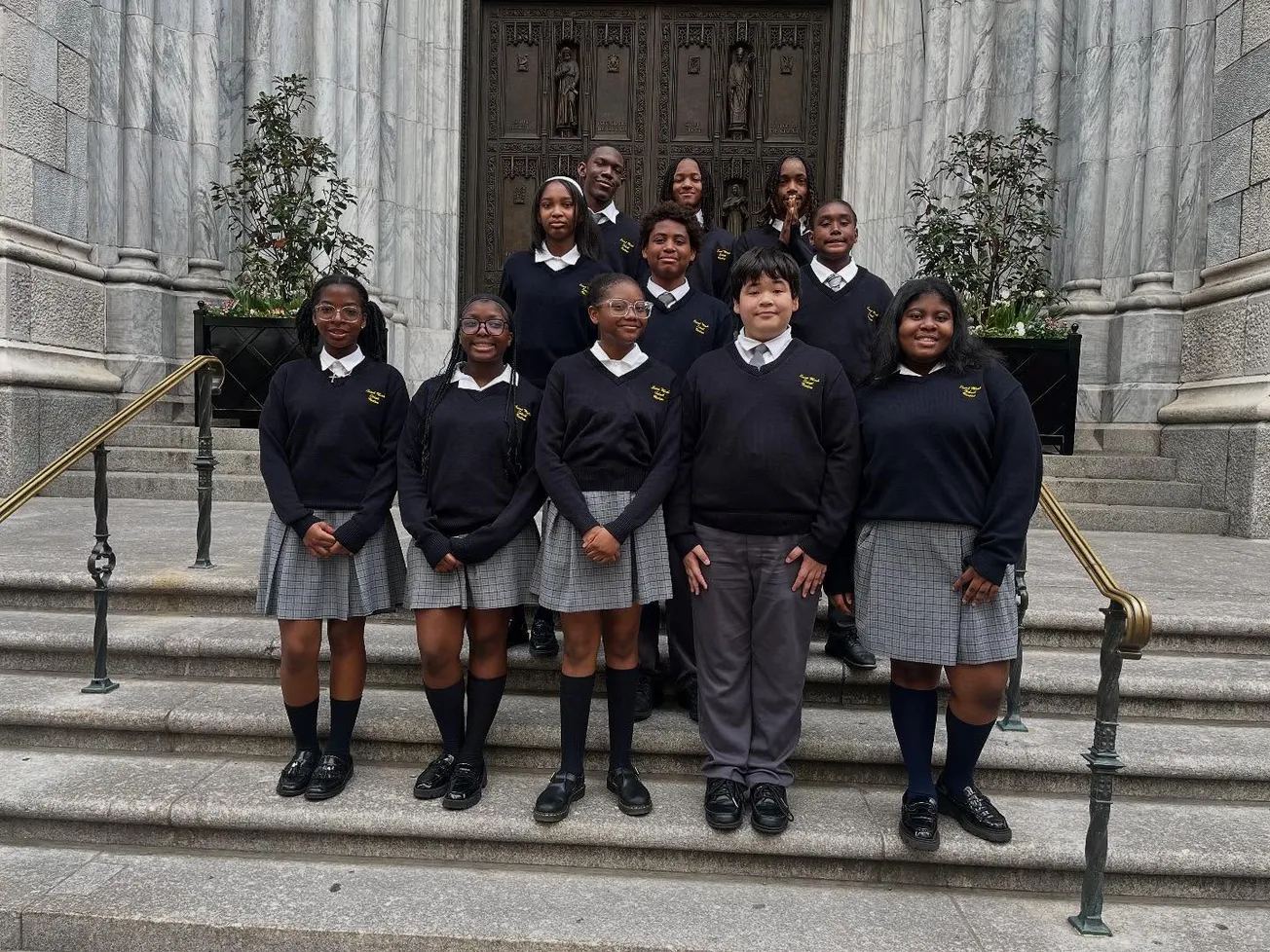“The Chosen: Last Supper,” the fifth season in the blockbuster Jesus drama, has been released in theaters and does not disappoint. The eight-episode narrative arc bringing a (near) close to the life of Jesus is truly stunning.
Jonathan Roumie is back as the Son of God himself, largely following the New Testament description of revealing his full identity—such as, well, the Son of God—only gradually before his final journey to Jerusalem. Season 4 ended with the triumphal entry into the city for the Passover, and the new adventure begins with high drama surrounding his controversial actions in the Holy City.
The actual event of the Last Supper is not strictly an event being built up to in this era of “The Chosen,” but rather a guiding theme that is cinematographically interspersed throughout. This is crucial to building the series’ theory of villainhood, which is developed to its greatest extent in Season 5. Judas (Luke Dimyan), Pilate (Andrew James Allen), Roman spies, and a strong subset of Jewish leadership are expertly crafted and acted to bring the gospels’ climax to life.
Spoiler alert: Jesus does not die in “Last Supper.” However, the existential torment of the temporally doomed Messiah is creatively expressed through prayer monologues, visions, and even Old Testament hallucinations that result in the perception of a jarringly human Jesus who is terrified of what’s to come. It is only the latest in what has now been more than seven years of refreshing realism on the part of creator, co-writer, and director Dallas Jenkins.
The handling of the characters’ story arcs overall is truly remarkable, given the sheer volume of ground to cover. The twelve disciples, the women in Jesus’ close circle, everyone’s various family members, and even the Romans are given careful attention. And this is not even to speak of the seemingly forgotten characters from seasons past who pop up again, as well as new characters who function almost as Easter eggs for those familiar with the New Testament.
As could be expected, the show is not perfect. Jesus’ dialogue in particular, where the show understandably seems most intent on including plenty of exact wording from Scripture, is again limiting at times. To hear Roumie shift from everyday language to a Bible translation of the “literalist” persuasion—which often just boils down to archaic English—is, in a word, annoying.
The acting in “Last Supper,” which is generally superb or at least quite sufficient, suffers at times when characters need to express the sort of seething anger or desperate anguish that is to be expected during Jesus’ last days. (One notable exception is the Sanhedrin, where Richard Fancy as the high priest Caiaphas steals several scenes.)
Less than a criticism, it is also worth noting how the show not just dramatizes, but interprets the Bible. Though filled with Catholic and Orthodox on-screen talents, “The Chosen” is ultimately a product of evangelicals, who have no qualms about putting explainers into mouths and scenes on topics of atonement, government, gender inclusion, and even the identity of the Beloved Disciple. An early-episode prophecy scene, with Jesus speaking of what many interpreters would agree is the first-century destruction of Jerusalem, is particularly on the nose—and, as it concerns violence and sensitivity, even over the top.
Overall, though, the show remains a must-watch. The suspense, creativity, and sheer boldness of “Last Supper” are inspiring, especially as the muck of Christian Hollywood continues unabated. “The Chosen” is a series apart, and Season 6 is no exception.
Nate Tinner-Williams is co-founder and editor of Black Catholic Messenger.


